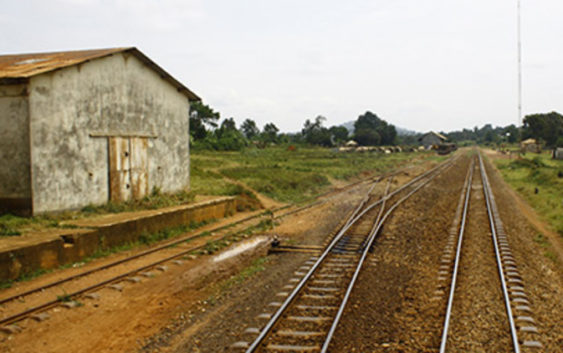Uganda will begin repairing its pre-colonial rail network this month after failing to secure $ 2.2 billion from China. According to a correspondent from Uganda Railways Corporation, the rehabilitation will cost at least $267 million. China did not fund Uganda’s Standard Gauge railway because of the country’s delayed oil production, among other reasons.
Going forward, Uganda is looking for funds from international development lenders to finance the repairs. The European Union has given Kampala a grant of $ 23 million for the project.
French firm Sogea-Satom will undertake the repairs, which require quite some work. The 1,266 meter-gauge railway once used to transport copper from hinterlands is in bad shape.
Neglect and lack of maintenance have left the railway to ruins, leaving the tracks at the mercy of vandals. Furthermore, economic instability and political upheavals contributed further to the state of its disrepair.
“Due to lack of maintenance over the years, most of the network is now in disuse,” said Charles Kateeba, MD of the state-run Uganda Railways Corporation. “We shall replace some areas which have been either removed by vandals or are badly worn.”
Part of the repairs will involve installing rocks ballast on sections and re-laying of tracks. Moreover, Sogea-Satom will flatten some sections of the rails and fix about 500 freight wagons.
READ ALSO:
- Kenya Launches KSh 150 Billion SGR Phase 2A
- Total Delays the Final Investment Decision on its Uganda Oil Project
- Kenya to Export 500,000 Barrels of Crude oil in February 2020
Shattered Hopes for Uganda Businesses
Businesses in Uganda were looking forward to the Standard Gauge Railway to help boost bulk cargo transport. As a result, China’s move disappointed many, losing out on a cheaper alternative to moving goods.
Uganda has been in negotiations with the Asian Giant for over five years, hoping to secure funds for the mega project. However, its crude oil delays have scared China away. Uganda discovered 6 billion barrels of oil over 12 years ago. Nonetheless, the government has had repeated disagreements with oil firms over taxes and development strategies, delaying the drilling. As such, Uganda expects production to start by 2022 earliest.




